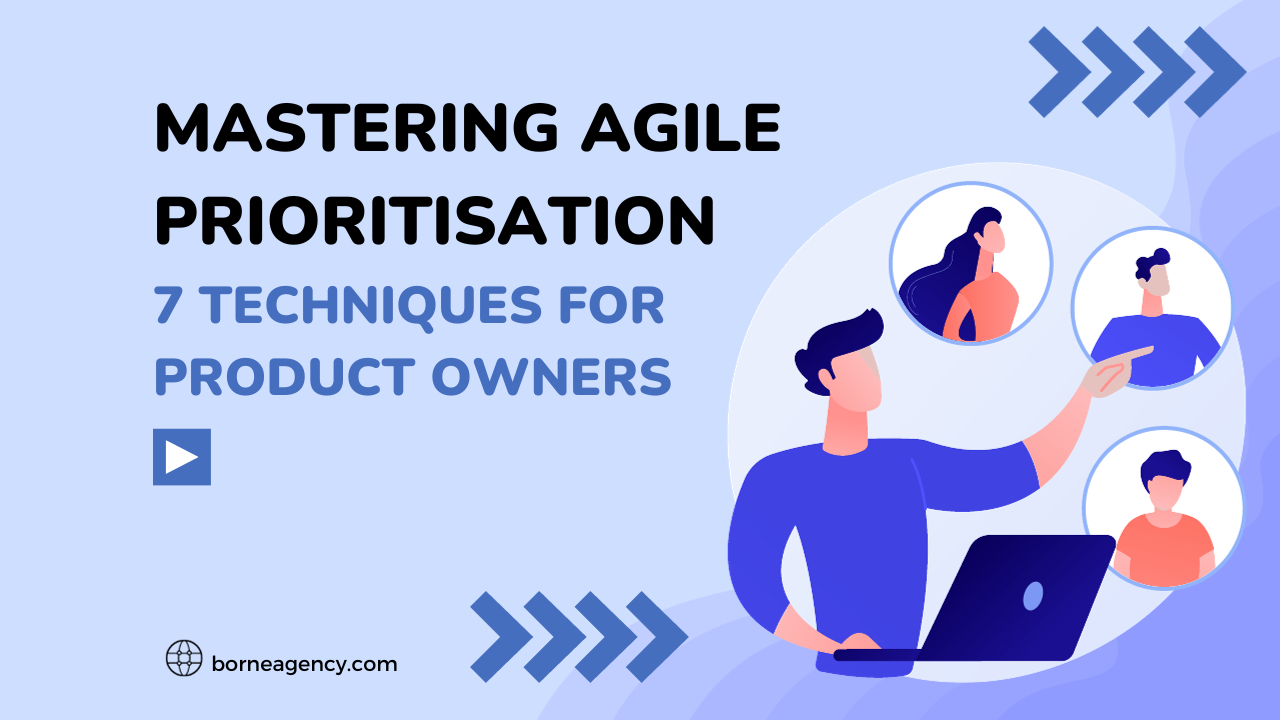May 15 - 4min read‘Swiping Right’: Digital Transformation in the Recruitment SectorBy Launchbase
When it comes to digital products, swiping right isn’t just about finding Ms or Mr Right in the dating world anymore. Employers are increasingly turning to recruitment apps to find the right candidate who will match a company’s specific criteria effectively. Recruitment apps can present current information about available candidates to recruitment agencies. Recruitment apps also open these positions to possible prospects. Therefore, these apps help employers and candidates connect. With the market of corporate recruitment software estimated to reach $1.5 billion, and 65% of candidates searching for employment opportunities on mobile devices, the future for digital transformation in the recruitment sector is a bright one.
When we are looking at the recruitment sector, digital transformation has been front and centre. According to a recent survey, 74% of businesses either have a digital strategy in place or are in the process of implementing one. Given the proven ability of digital tools to drive innovation and efficiency, this level of interest is hardly surprising. Nowadays, machine learning and intelligent automation are boosting productivity and optimising a vast range of back-office operations. Cloud-based platforms, mobile applications and data analytics are redefining the way businesses are engaging with their customers.
However, many businesses seem to be stalling on their journey towards digital disruption and a lack of talent and skill are fundamental obstacles. Among hiring executives that were surveyed who have put a digital strategy in place, 59% of these say they lack migration skills and integration, 64% cited a need for security expertise and 54% required more strategic digital transformation skills. Large enterprises have a more difficult time during the recruitment process than its smaller competitors, which is compounding marketplace disruption.
New and Old Skills on Demand
Talent requirements from various parties are extremely diverse. On one hand, businesses are faced with longstanding struggles to fill specific positions in Java and SAP, this tech is deeply embedded in the essentials of managing enterprise environments. At the same time however, over the past few years, the demand for Amazon Web Services (AWS), DevOps, Site Reliability Engineers (SRE) and other cloud-based related approaches have increased significantly.
Also, businesses are focusing more on using automation and artificial intelligence (AI) capabilities to boost and enhance values that are strategic. This would create a need for skills around robotic process automation (RPA) deployment, as well as analytics and data science to leverage the capabilities of smart tools. There is a crossover when traditional skills as well as new talent reflects the broader picture that business may be facing today. While technical innovation is the primary goal, the reality is that modernising while maintaining existing operations remain essential priorities. The key in all of this is finding the optimal mix of skills – one that can integrate legacy systems with new tech to drive the transformational outcomes for tech.

Traditionally, managing the steps of traditional recruitment practices has been labour-intensive and time consuming task that absorbs a significant portion of talent acquisition professionals’ time and energy. Nowadays, RPA tools can execute many of the mundane administrative tasks associated with managing the recruitment journey – these include pipelining candidates, capturing specific data, transferring day from one application to another, processing documents, auto texting and scheduling video interviews etc.
More advanced cognitive applications apply natural language processing capabilities which enables instant messaging-activated chatbots. These digital products can handle routine communications between candidates and recruiters such as descriptions of new job openings, updates to the application and communications as well as gathering data on questions important to hiring managers. Also, these specific chatbots can provide insights and metrics on the type of candidates that are applying for the specific role and the gaps required to close any lack of suitable candidates. Like other industries and job functions, intelligent automation has allowed recruiters to spend less time on routine, repetitive work and more time focused on activities that hold more value. For example, rather than filling out paperwork or responding to basic questions, they can devote extra time to interacting with candidates. Contrary to the common perception that recruitment and the hiring process are being taken over by faceless robots, technology is helping to humanise the function, specifically by allowing recruiters to spend more time where it counts.
Buying vs. Building
Talent acquisition specialists looking to deploy tech to enhance the recruitment process have a variety of off-the-shelf options to choose from. Cloud-based HR solutions are becoming increasingly commonplace and HR processes like offboarding and onboarding are prime candidates for RPA initiatives. In many cases, tailoring the capabilities to specific requirements can be a viable option.

Data Analytics
Given the dynamic job market and the ease of accessing CV’s, recruiters can easily identify candidates who, on paper, are qualified to fill a role. What is more of a challenge is gaining deeper insight into a candidate’s specific skills, as well as their potential alignment with a company’s culture. Emerging data analytics capabilities are playing an increasingly prominent role to address this challenge. Recruiters are deploying algorithms that apply various criteria to evaluate personality assessments that determine if a specific candidate is likely to be a good fit. Some are applying these algorithms to candidates’ social media footprints to dig deeper into the intersection between business culture and personality to assess the percentage of likelihood that a candidate may accept an offer that you make. Analytics tools like R Analytics, Python, SaaS and Power BI are allowing hiring managers and recruiters to gain deeper insights about national and international talent pools, projected candidate costs and whether to fulfil a role with a contractor or employee.
While recruitment apps have taken great strides recently, the winners in this sector will be an entrepreneur who devises a product to engage candidates that are passively engaging. Recruiting apps work amazingly for both employers and recruiters that are actively looking. However, a LinkedIn study discovered that 85% of people are passively interested in new opportunities. When an app comes along that can connect these candidates to the right jobs, this product would emerge as a winner. Talent searches will never slow down, however that doesn’t mean that the way in which we approach this will not change. Recruitment products are on the rise, and they are not going anywhere anytime soon. When it comes to building an app, swiping right on this progression may just give you that edge.



